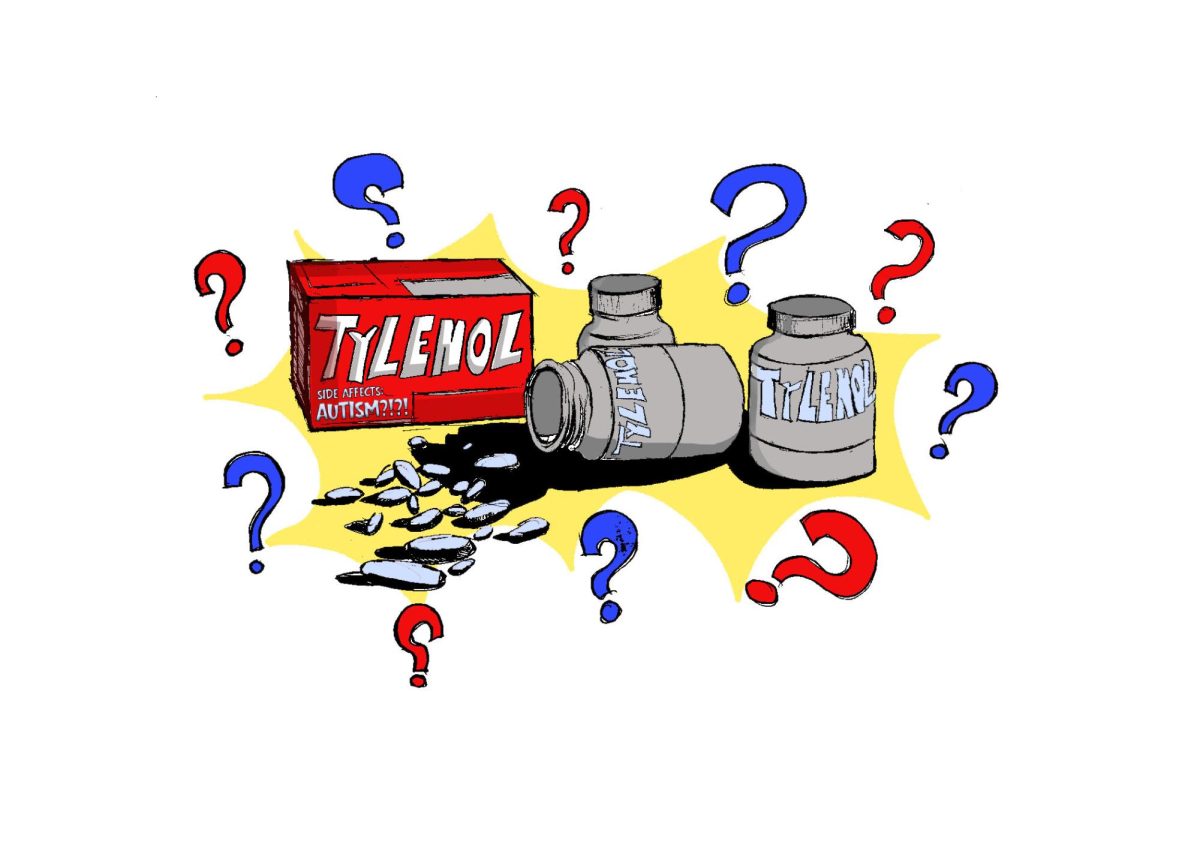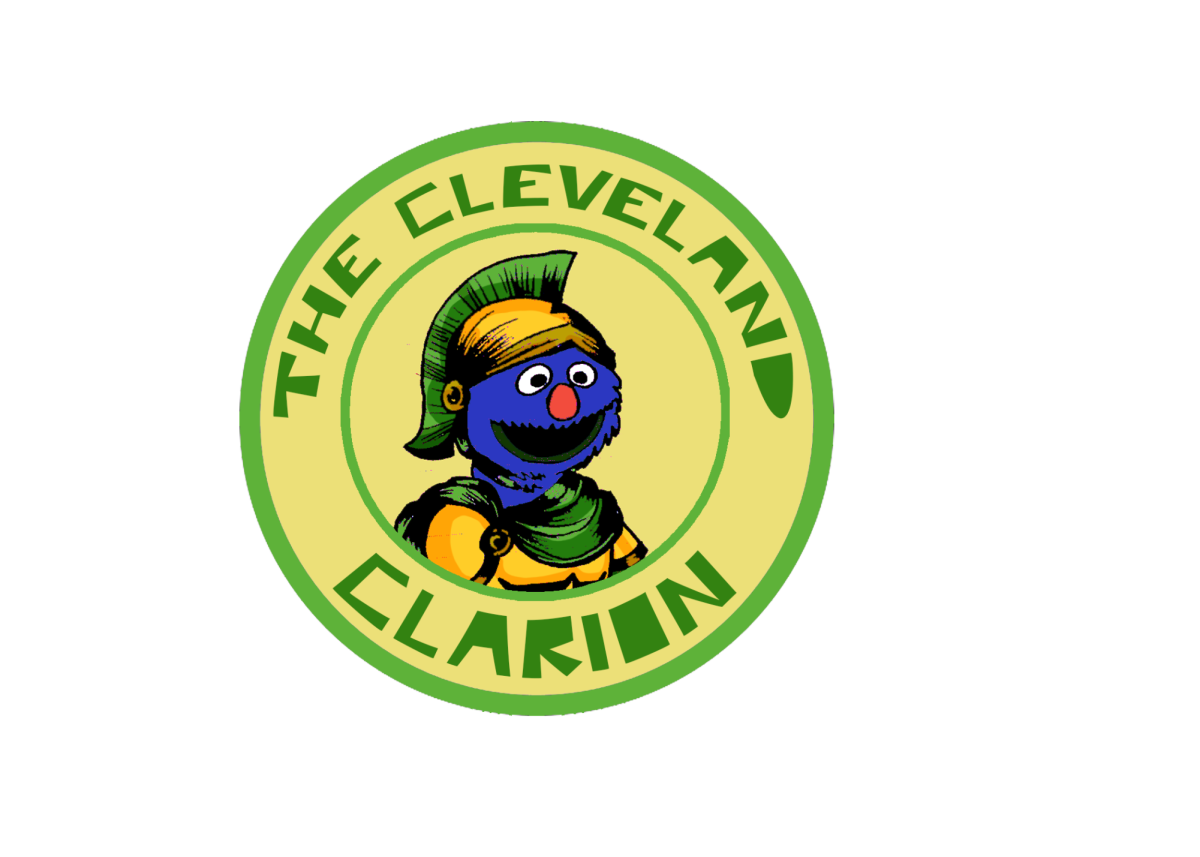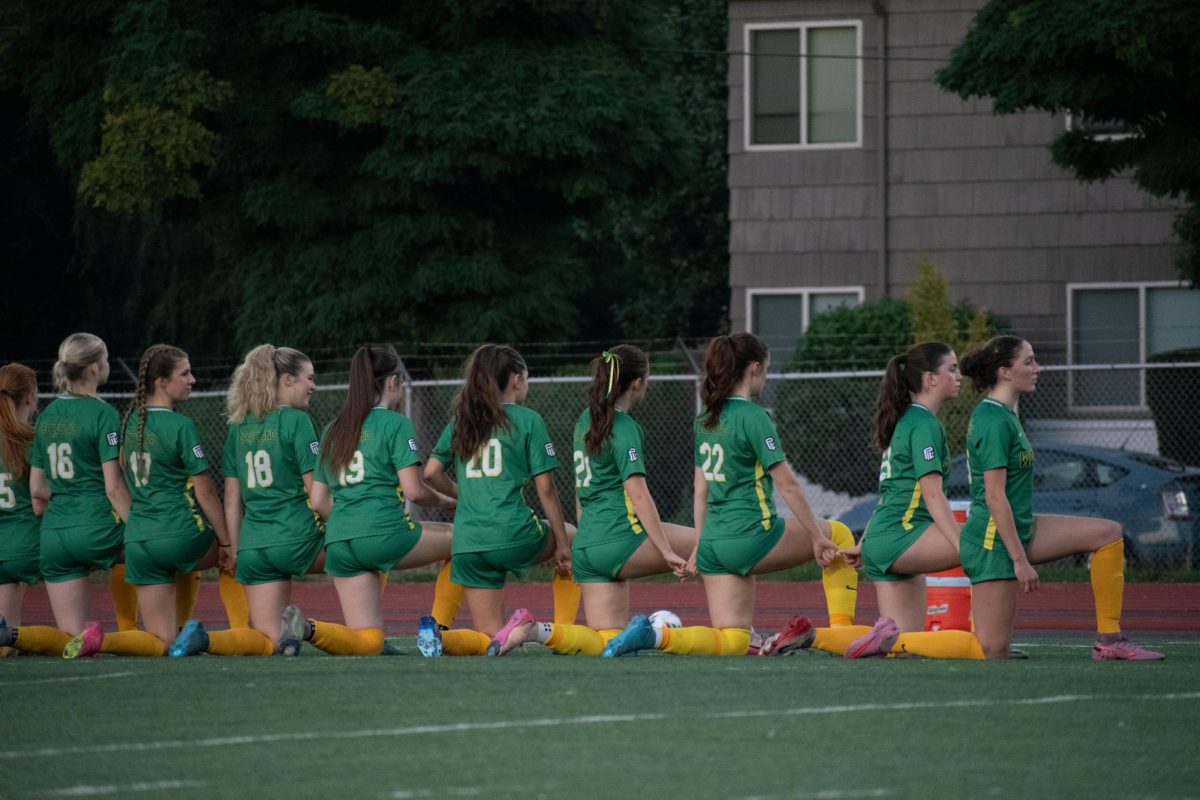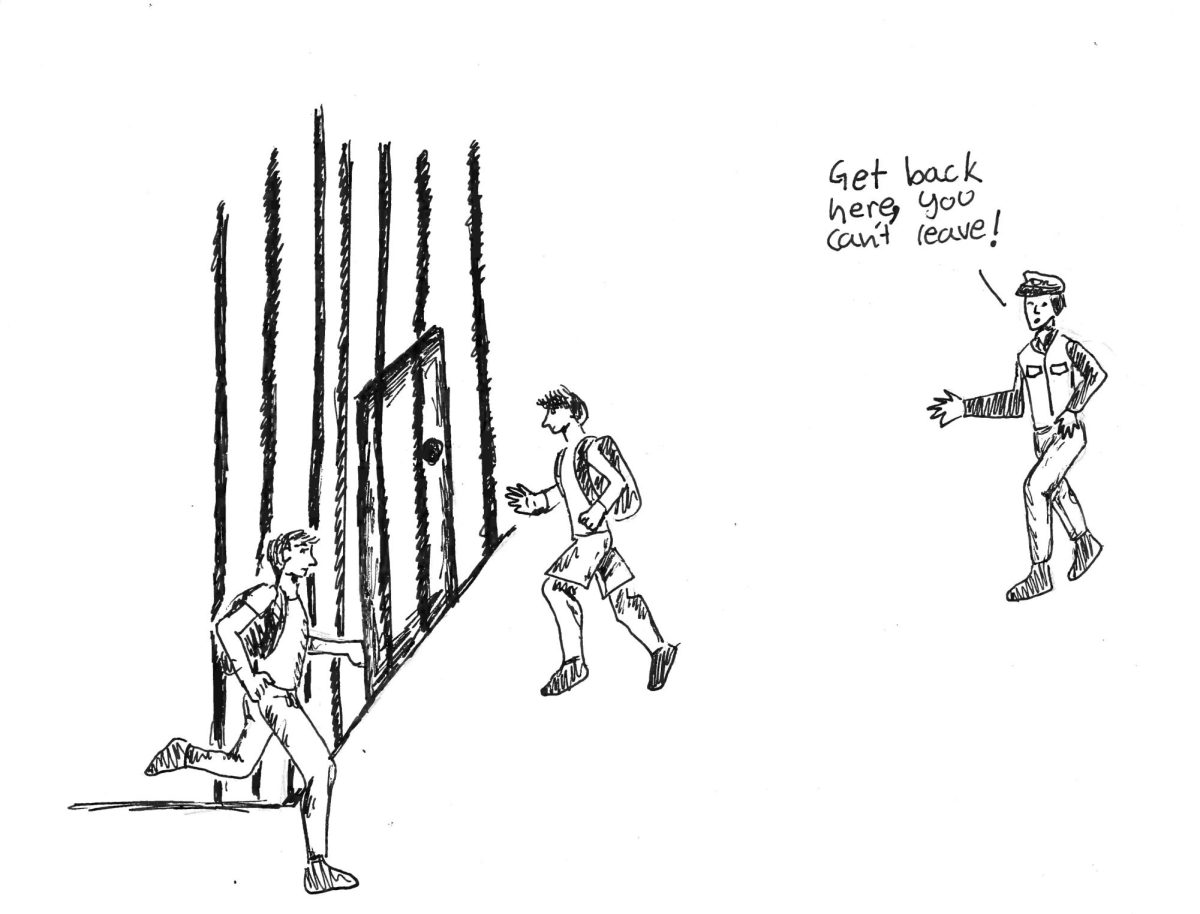An Overview of Fantasy Football
September 30, 2016
What really makes something a sport? With the introduction of ESports into today’s media, the question has been furiously debated. Can we call any competition a sport? Maybe not, but some sure do feel like them. Fantasy football comes to mind every time the NFL season comes around in the fall.
While fantasy football might not have all the components of a real sport, it definitely feels like one. It includes a huge time commitment, having to start a new lineup for every game, and lots and lots of trash talk.
When I first started playing fantasy football sophomore year, it was a hobby that I just played with a few friends, but by the end of the season it had taken over my life. My friends and I would have hour long arguments about which of our teams was superior to the others. But this season is different. To make the league more competitive, we decided to have the player who finished last overall in record be punished. The punishment ranges from dying one’s hair to potentially being forced to get a tattoo! But how does fantasy football even work?
Fantasy football is a game in which you draft players from NFL teams to form your own virtual teams full of players who originally were on different rosters. To play you must join a league commonly ranging from eight to twelve people. A scoring system is put in place to add value for each drafted player, making some players much more valuable than others. For example, the widely regarded best receiver in the NFL, Antonio Brown, will get points from the number of touchdowns he gets in real life games along with the number of yards he receives for. To make this clear, you get points in fantasy football based on how the players perform in real life.
The fierce action continues throughout the season. Team owners can make trades and drop or pick up players, in order to decide who makes their final ten man starting lineup. The best team owners tend to shine when deciding who to play each week. Maybe a team owner thinks that someone he has on his fantasy bench will explode next game. If he plays him he will be rewarded by his good performance rather than that performance being left on his bench. Players can not score points when they are not in your starting lineup.
Much of the fun lies in the conversations that begin between team owners. Many rash statements are made for little to no reason. For example, team owner Conor Bergin, after crushing his opponent with a 158 point outing in week one, lost in week two after putting up a horrendous 45 point outing. “Fantasy football just isn’t fun anymore,” said Bergin after taking his first loss of the season. All-in-all, the experience is an exciting one, and I hope that more people attempt to join in on the joy in the coming NFL seasons.















Mohammed • Apr 13, 2017 at 2:52 AM
Sports News